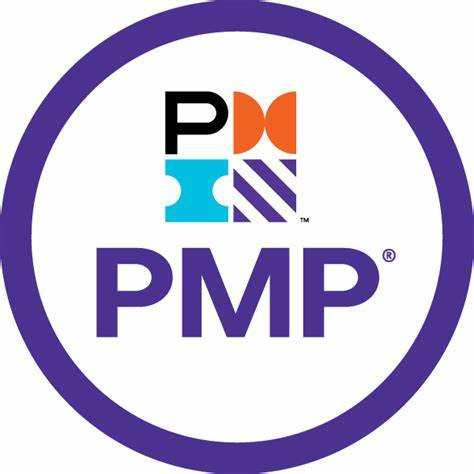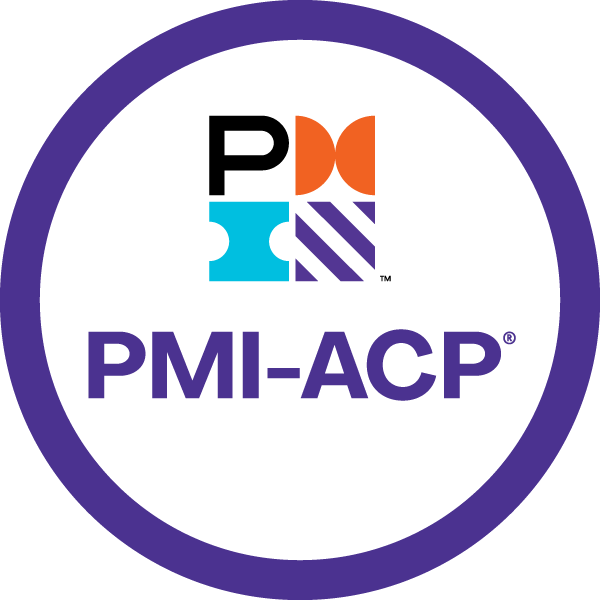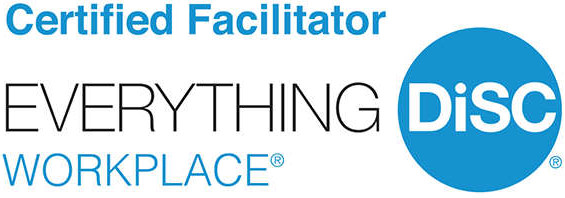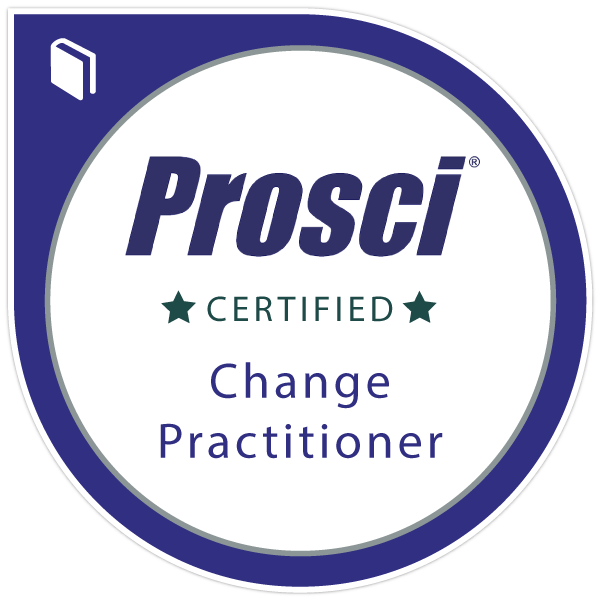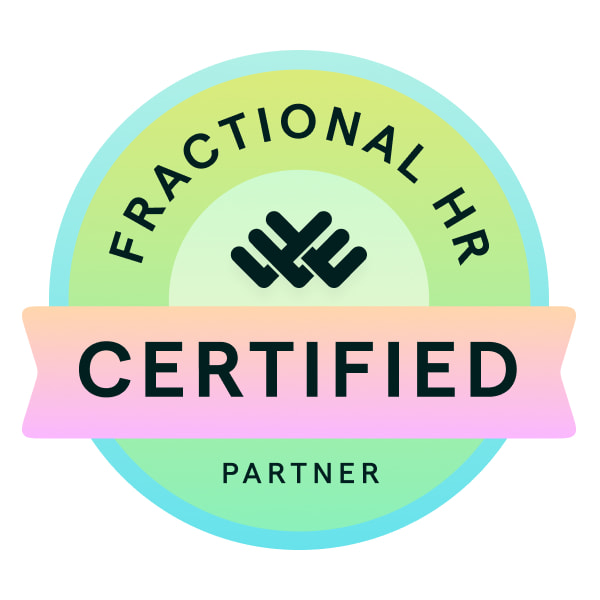Company Vision
“Reshaping the world, one positive change at a time”
Imagine if you had a major change initiative to execute but had no idea where to begin the process. Or what if you had a software package which needs to be developed with agility but didn’t have the bandwidth to dedicate to the task. When ideas aren’t able to come to fruition, the business is not the only one to miss out, the world misses out too. You are not alone in having these concerns. Far too many businesses have great ideas that could not only make them highly successful but also make the world a much better place.
Organizational change is never easy, but with a high degree of expertise and a collaborative approach, the end result will be a well-designed, sustainable product. By working with Paradoxical Solutions, you will be introduced to a variety of organizational development methods that can have great impact on your business model and positively affect the bottom line of your company.

About The Owner
Brandon Rogers is a management consultant and integrated scholar-practitioner in the area of Organization Development and Change. He has significant expertise in organizational design and transformation, change management, software requirements engineering, strategic business planning, and technology implementation.
Brandon is certified as an Executive Coach, Everything DiSC facilitator, Agile Practitioner, and Project Management Professional. He is also a certified facilitator of the Emotional and Social Competency Inventory (360° feedback) assessment.
He previously led organizational design and transformation in various consulting roles, served as an Engineering Process Manager and Corporate Planning Business Strategist at Honda R&D, Americas, and held roles with Trapeze Software as a software implementation specialist and project manager.
Brandon most recently obtained a Doctorate in Organization Development and Change program from Bowling Green State University. In addition, he holds a Master’s degree in Positive Organizational Development and Change from Case Western Reserve University and a Bachelor of Arts degree in Industrial/Organizational Psychology from Kent State University.
Recent Journal Publications
As this fast-paced world evolves technologically, agile methods with the potential to increase productivity are being widely adopted. Several methodologies utilize the core principles of agile (i.e., Scrum/Kanban, feature-driven development), but some are better than others for a specific task. Extreme programming (XP) is an agile methodology that promotes improved team performance, based on its adherence to the agile manifesto, values, and specific practices. This study was designed to add to the body of knowledge on agile methodology by determining to what degree agile ideals and XP are related to perceived worker stress and management trustworthiness. Data collection for this study was completed over a seven-week period via a survey instrument designed for software engineers and agile practitioners (N =134) primarily working in distributed work environments. From the analysis of the data, the authors confirmed that a relationship between adherence to the agile manifesto, values, and XP practices. They further found that trust was higher and stress was lower, with increased adherence to agile values and increased utilization of XP practices. The results signify a beneficial relationship with trust satisfaction and reduced stress. These results could have strong implications if this relationship were to be established as causal. Additional research is required to fully understand how these factors impact stress and trustworthiness.
Finally, this article introduces an adaptation of the traditional software V-model explained step-by-step in the context of organization learning and innovation.
Interested in this article? Click here to request a copy.
In this article, we consider how changes in work environments are affecting employees and organization performance, examine how recruitment, training, onboarding, and developing talent present complex challenges that must be addressed for sustainability, and consider how talent development principles can enhance organization development (OD) practices. Finally, we offer perspectives on employing OD principles and practices to facilitate workforce changes to maximize productivity and performance.
Interested in this article? Click here to request a copy.
Interested in this article? Click here to request a copy.
Certifications

